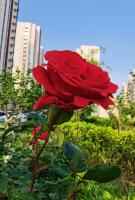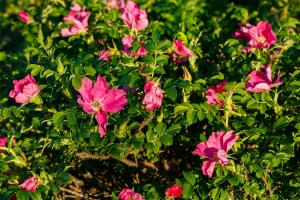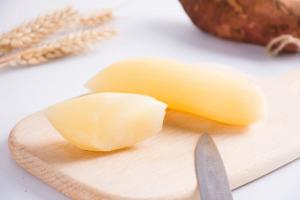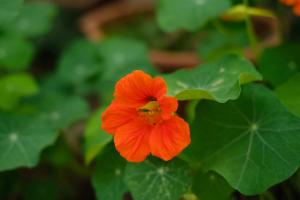1、 Curing method
1. Temperature: it's best to keep it between 15 and 28 degrees. When it grows and blooms, it should not be too hot or too low, which will have adverse effects. Similarly, in summer and winter, you can't be too muggy or too cold
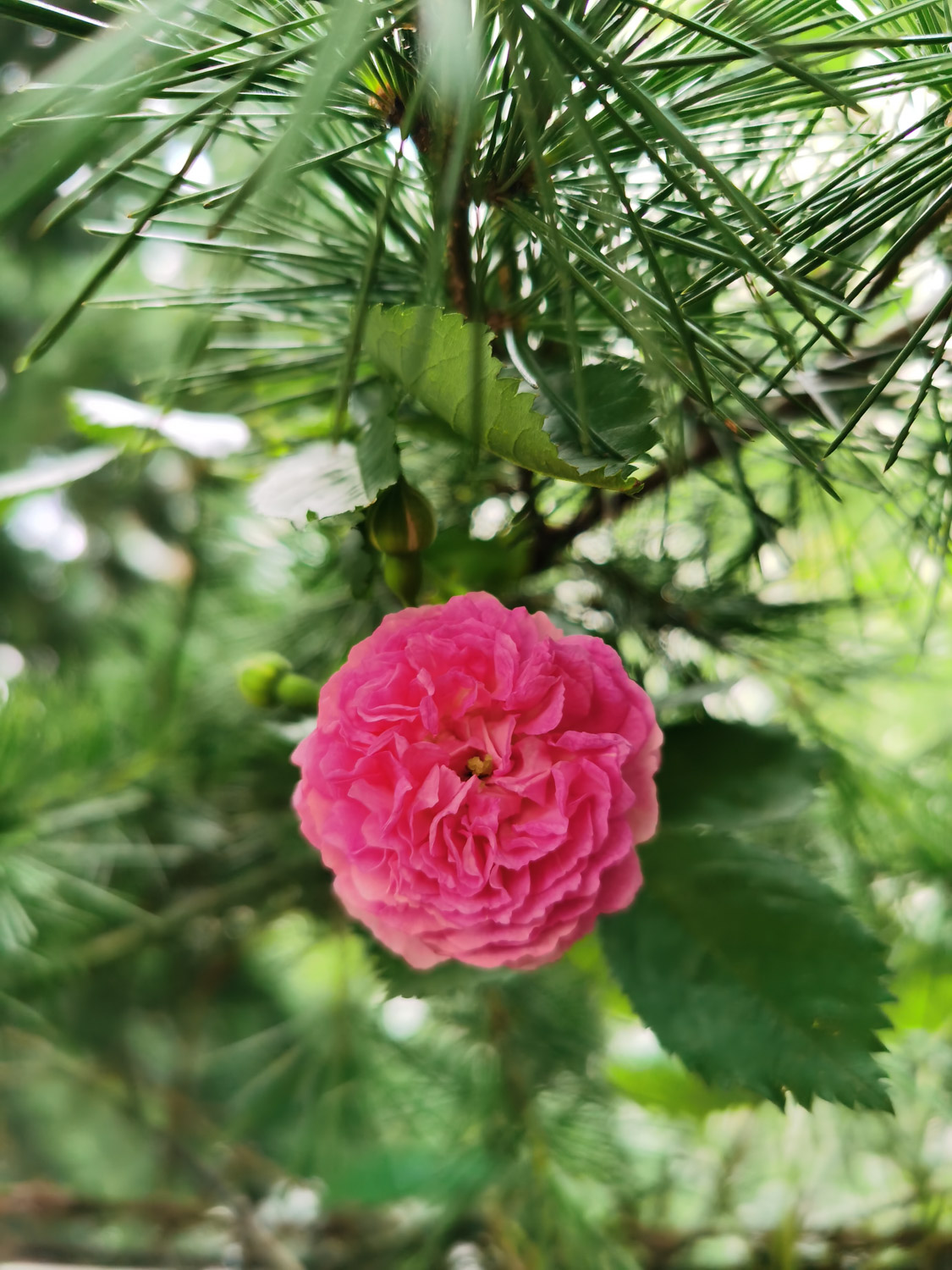
2. Light: Rosa bracteata likes light. Sunshine will make it grow better and open beautiful flowers more easily. However, in summer, try to provide a sheltered environment, because too much light is harmful. In other seasons, generally speaking, there is no need for special shade
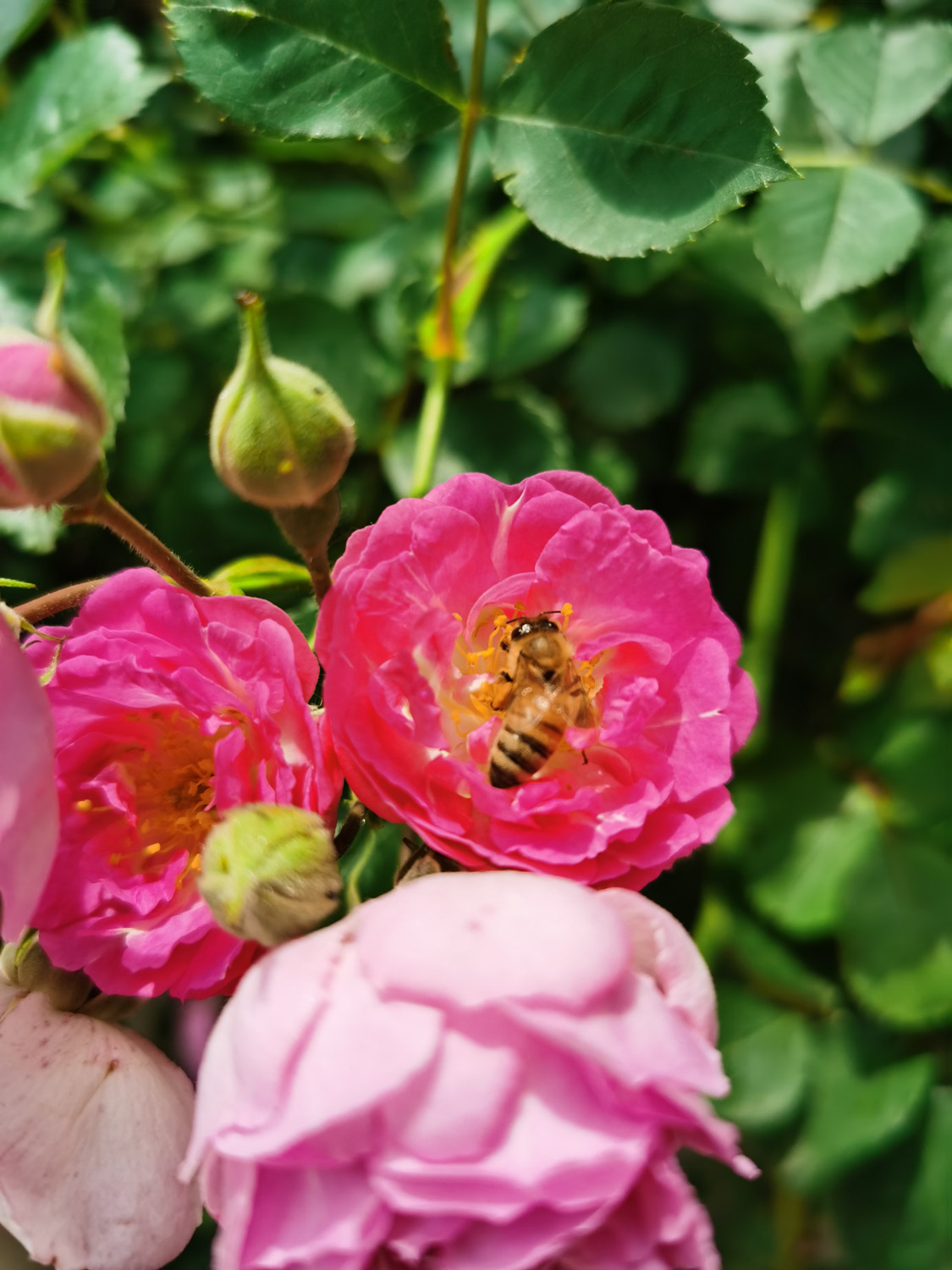
3. Watering: Shuo bud rose likes to be wet. When watering it at ordinary times, it can be adjusted according to the season. In winter, because it may sleep, it can be kept not particularly dry. In the growing and flowering season, it is necessary to provide sufficient water. Especially in summer, it is usually watered twice a day
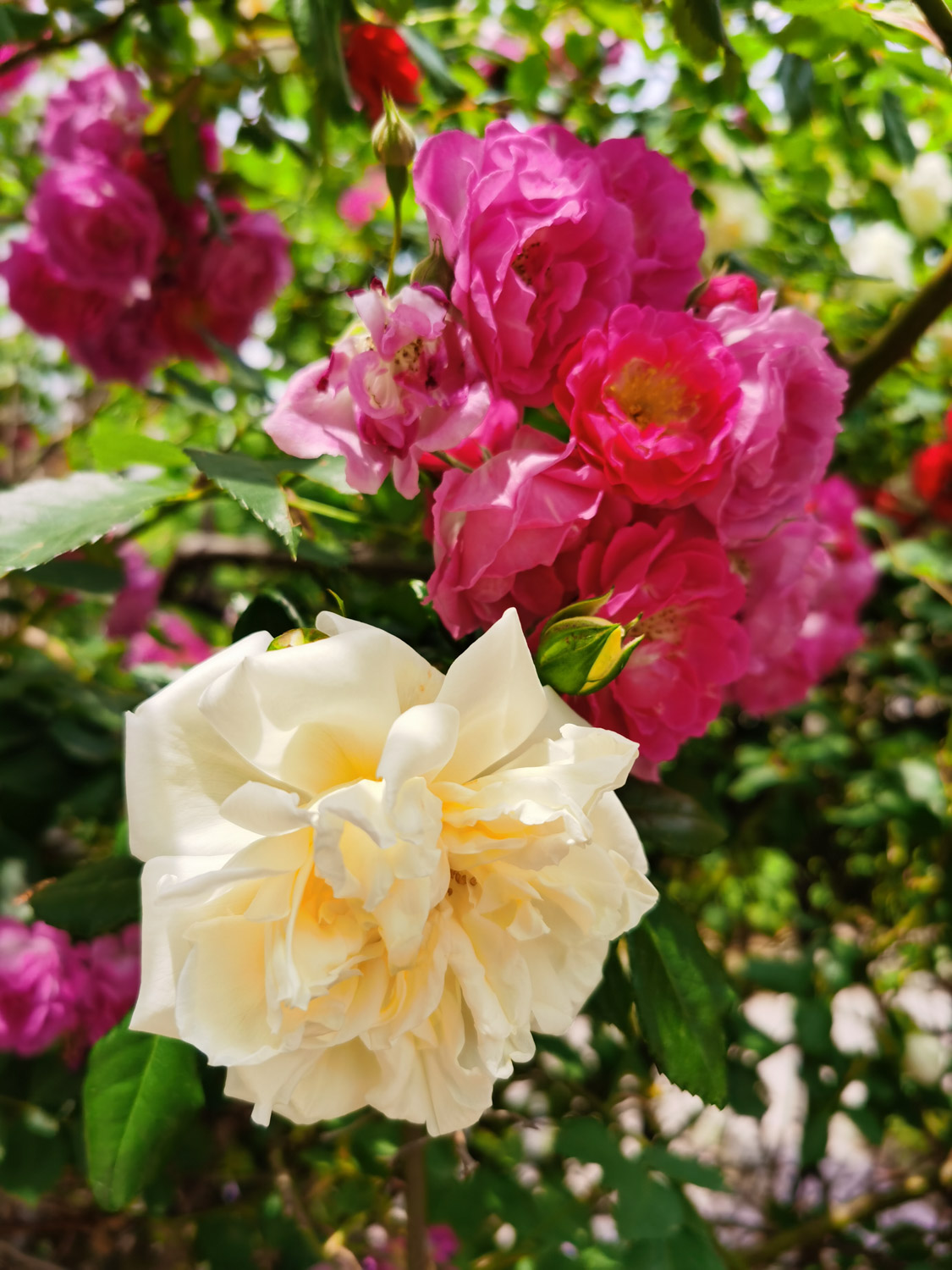
4. Fertilization: Shuo bud rose likes fertilization. It can be fertilized once in half a month, and liquid fertilizer can be used. However, it is not necessary to apply when it is in flowering
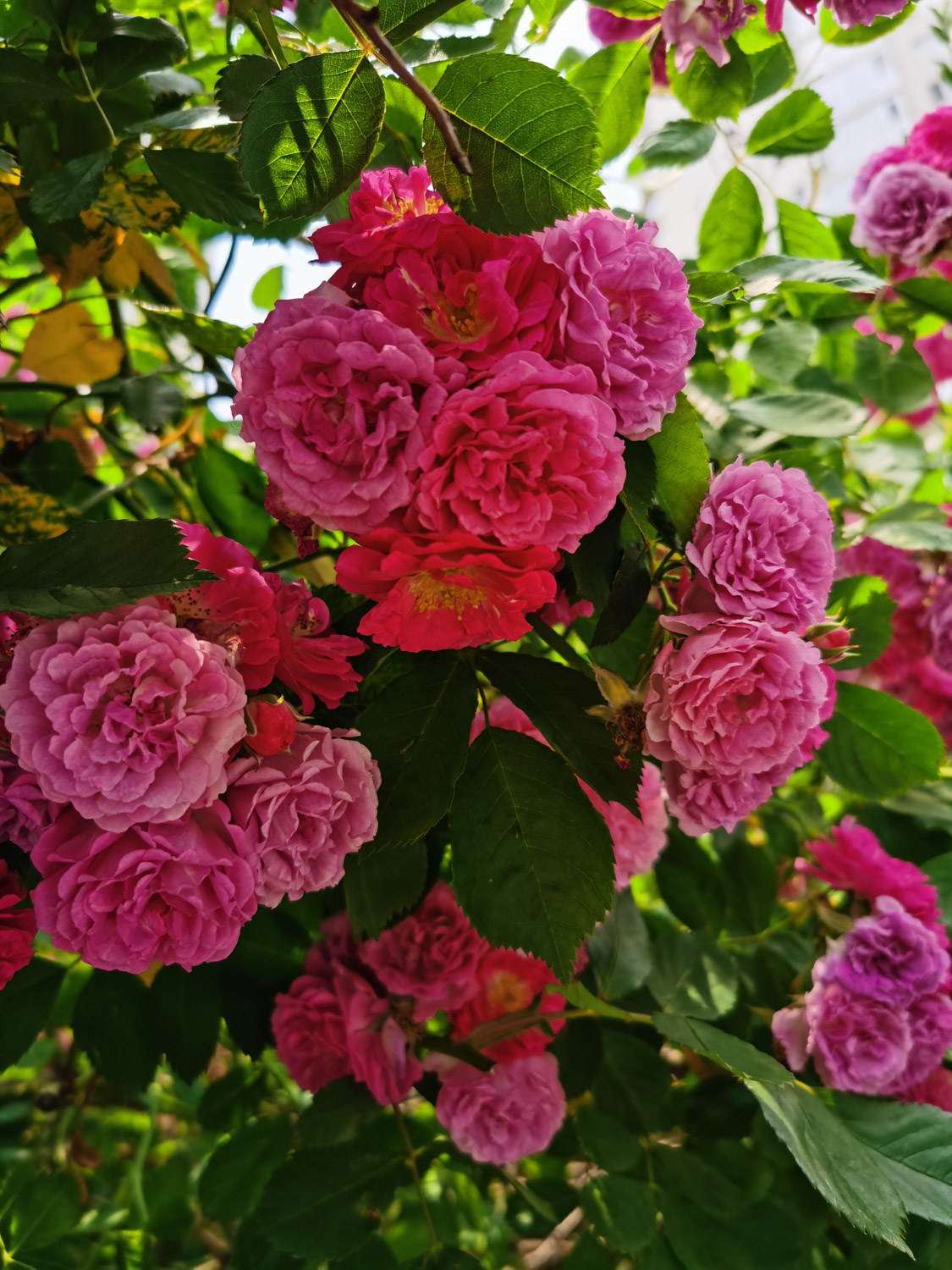
2、 Breeding skills
1. Pruning: after it blooms, the branches need to be pruned. However, special attention should be paid to the degree of pruning. Do not prune greatly. Just cut off the residual flowers and branches that look very thin. Moreover, it is the pruning of its shape. Its shape can be cut into a heart shape, which is more beautiful
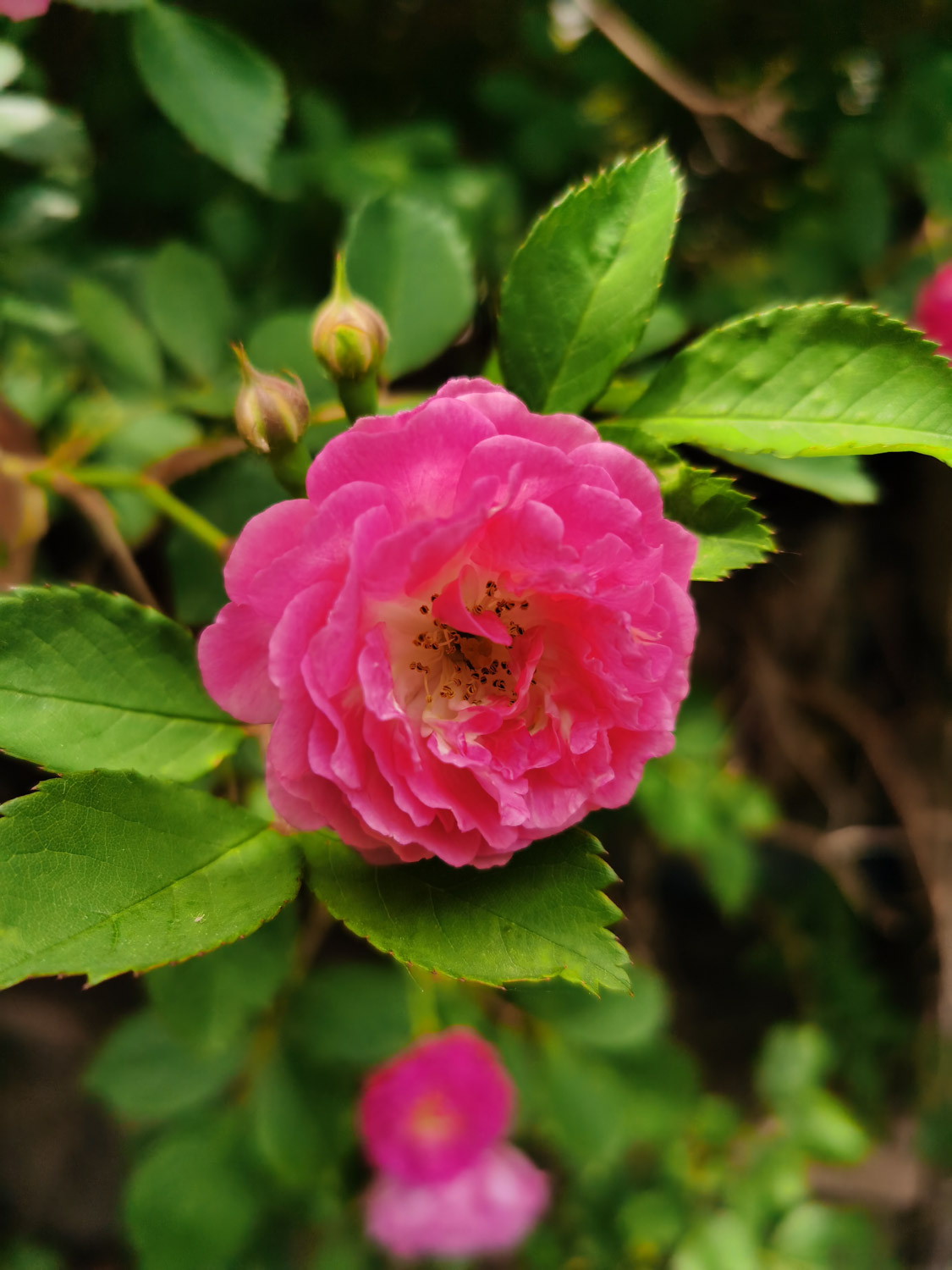
2. Change basin: it's best to change it once a year. It's more appropriate to carry out this treatment before entering winter. Generally speaking, it is more appropriate to select garden soil, rotten leaf soil and bran ash mixture. If the flowerpot needs to be replaced, it is best to use a clay pot
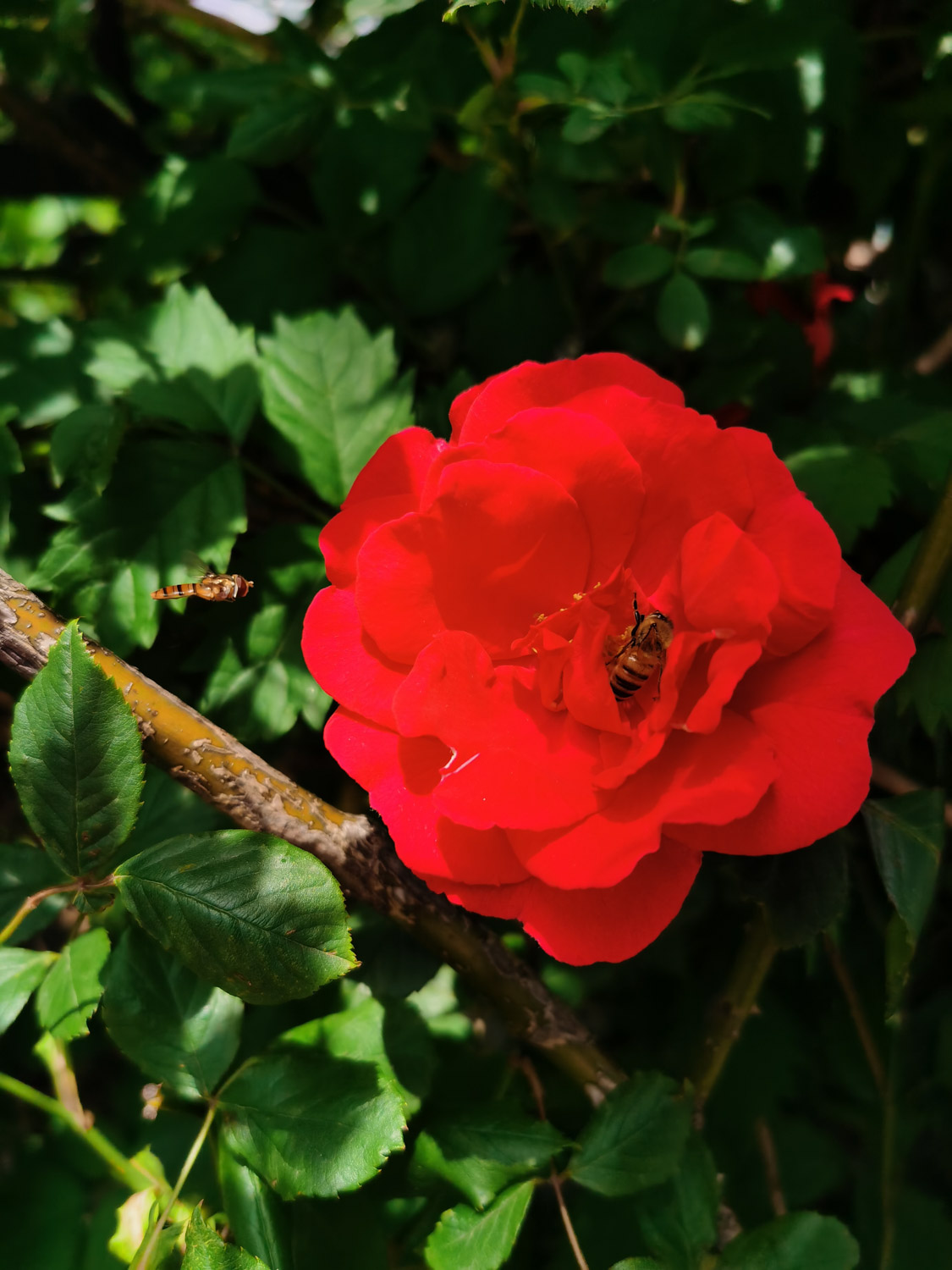
3、 Problem diagnosis and treatment
1. Diseases: the diseases that easily threaten many parts are "anthrax", especially the leaves, which are seriously affected. Therefore, chlorothalonil can be used for treatment. In addition, an appropriate amount of phosphorus and potassium fertilizer is also helpful for the cure of the disease
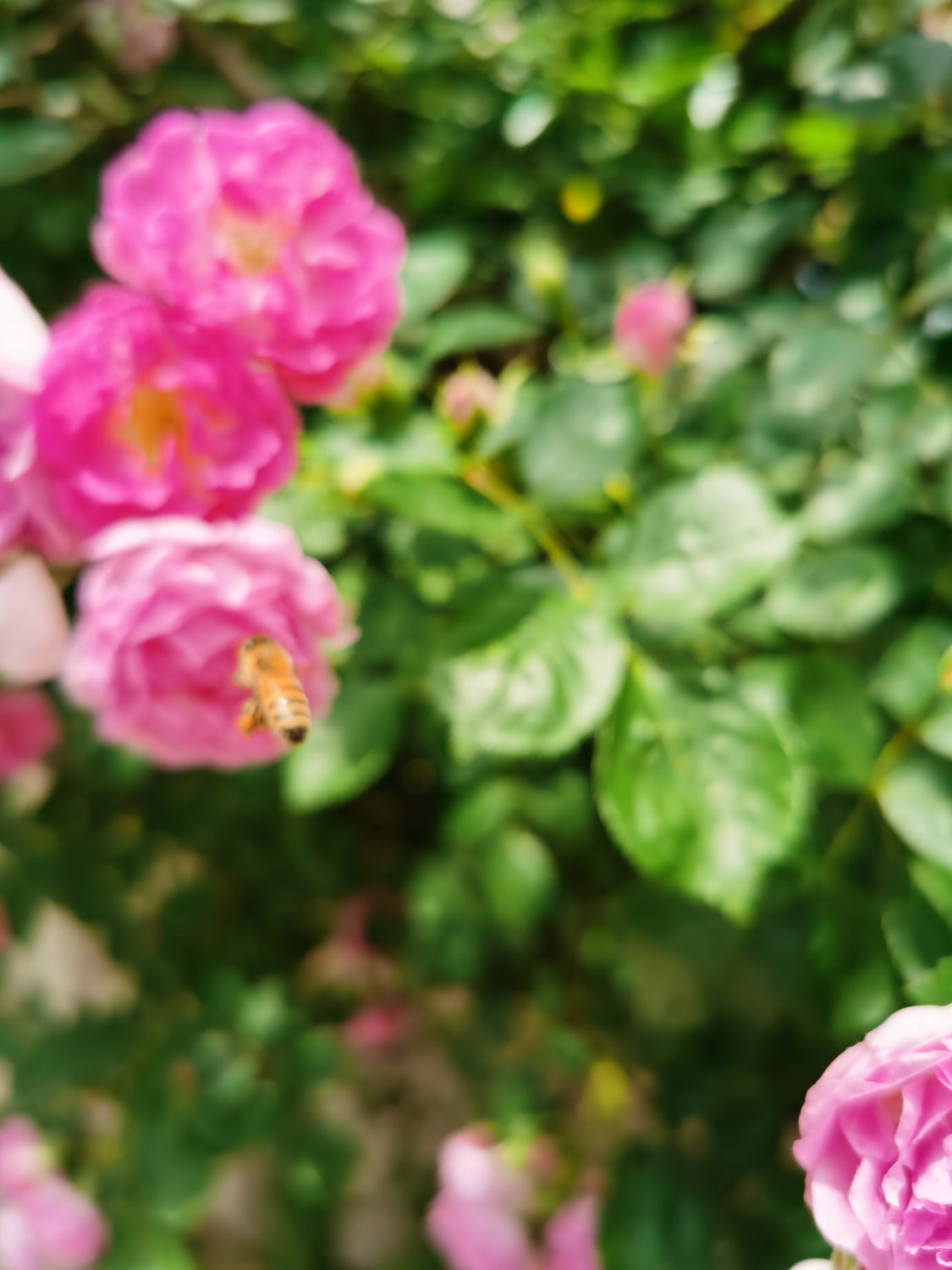
2. Insect pests: common ones are "red spider" and "aphid", etc. a commonly used medicine is Omethoate
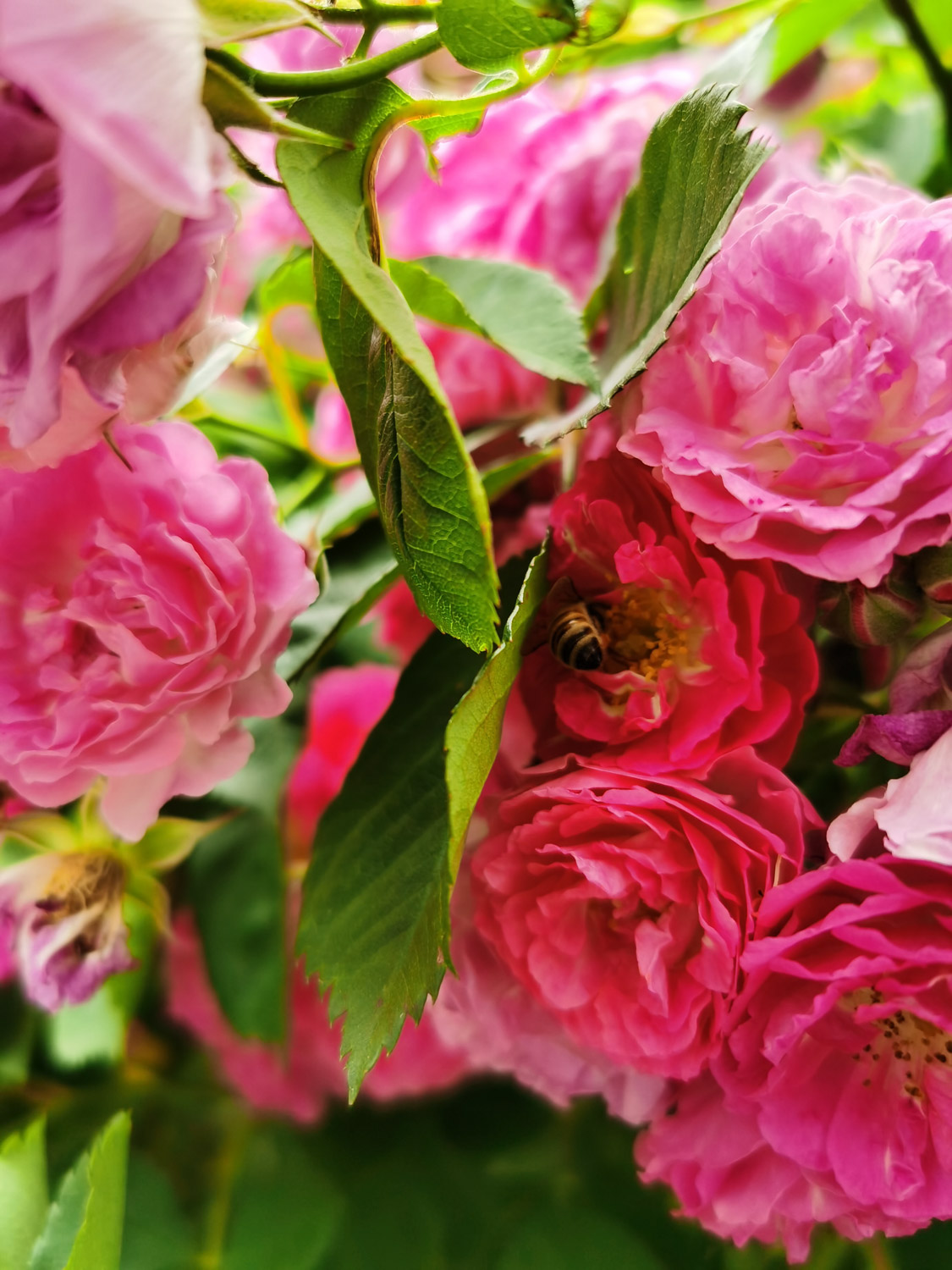
4、 Other issues
1. Toxicity: Rosa bracteata is non-toxic, and many parts of it can be used as medicine
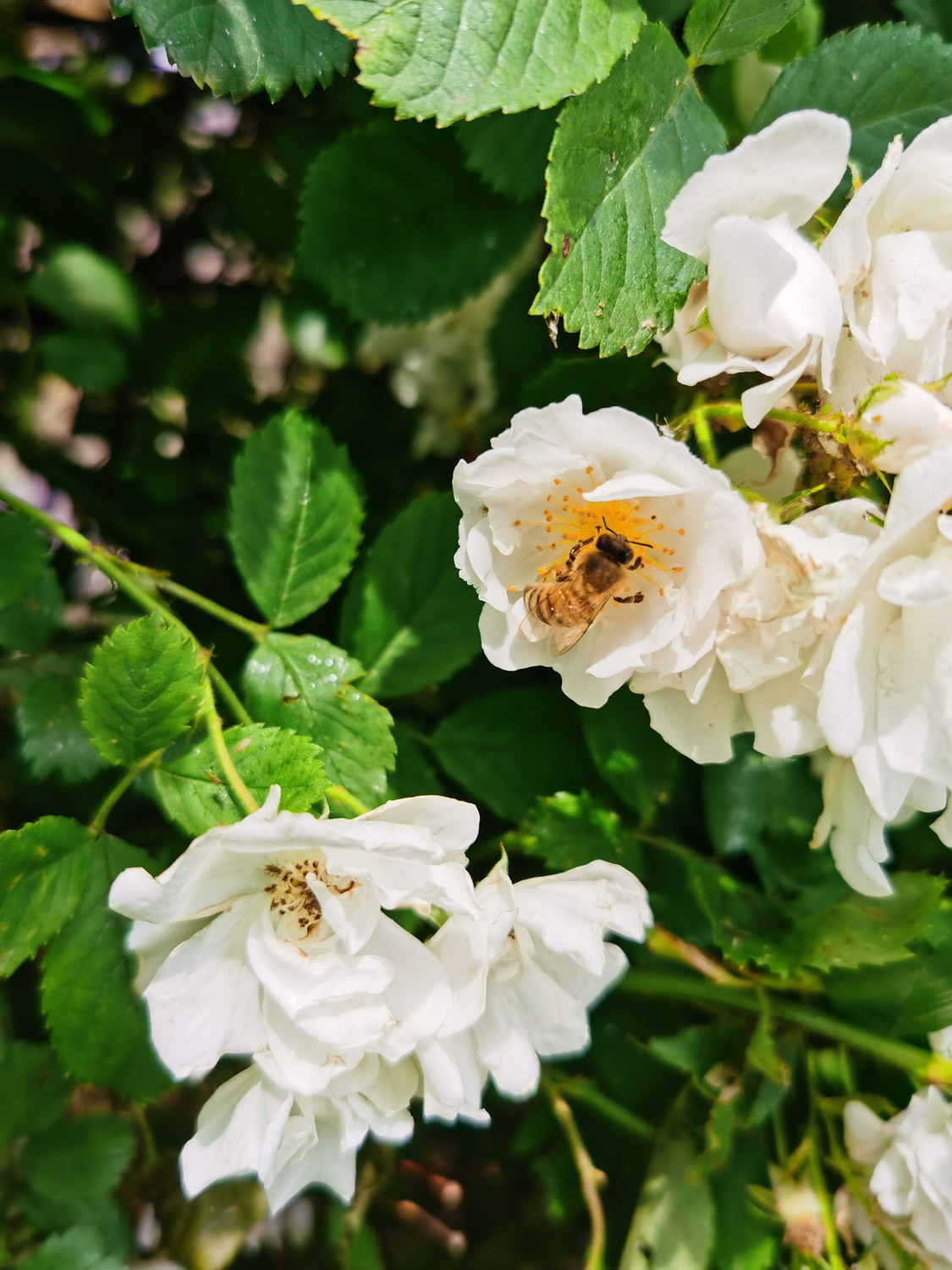
2. Whether it can be raised at home: you can watch it at home and pay attention to providing good sunshine
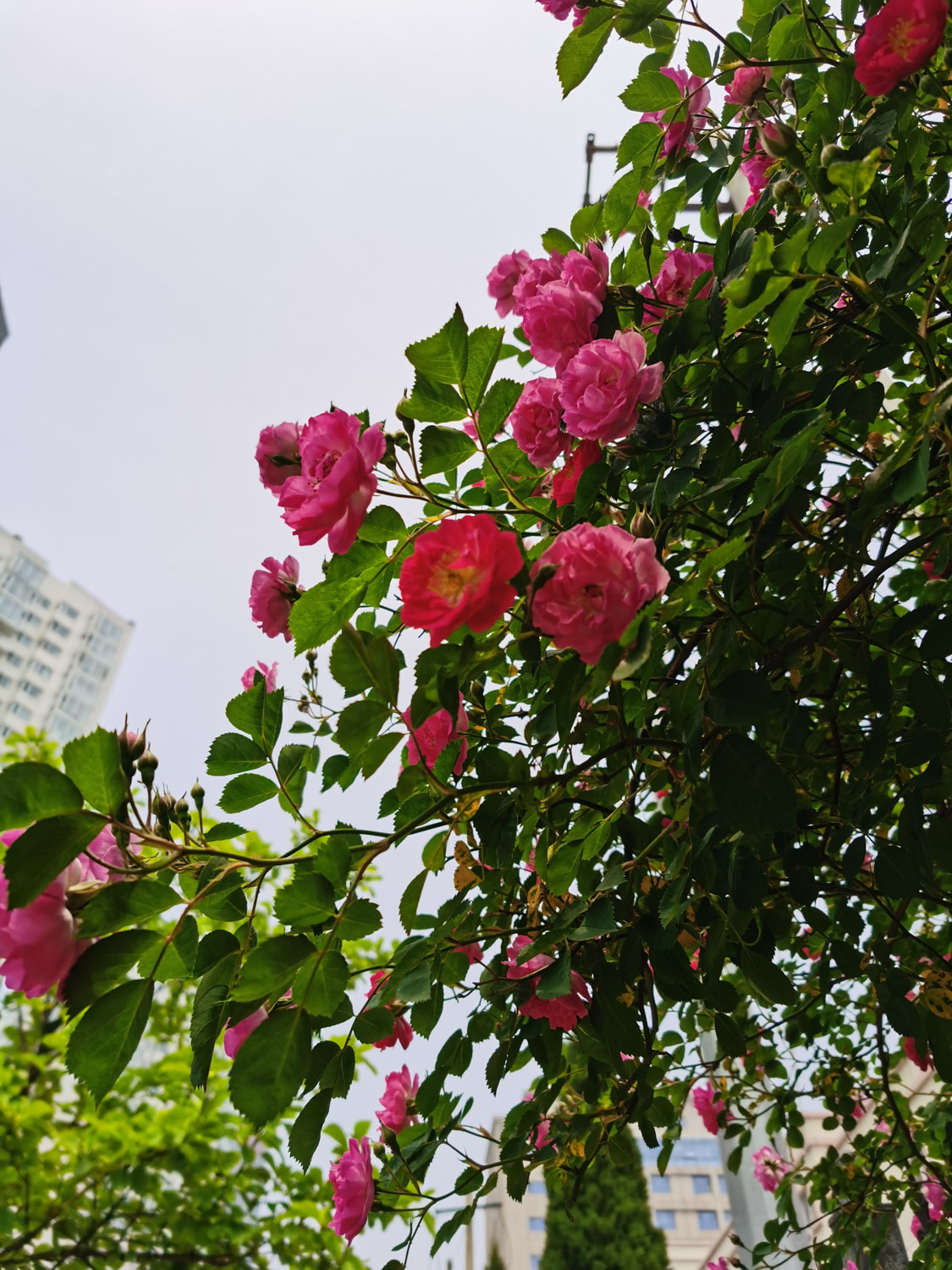

 how many times do yo...
how many times do yo... how many planted tre...
how many planted tre... how many pine trees ...
how many pine trees ... how many pecan trees...
how many pecan trees... how many plants comp...
how many plants comp... how many plants can ...
how many plants can ... how many plants and ...
how many plants and ... how many pepper plan...
how many pepper plan...